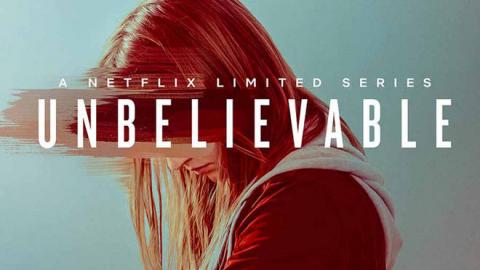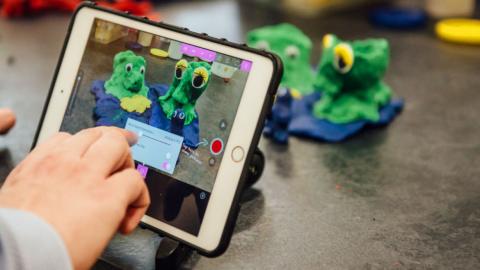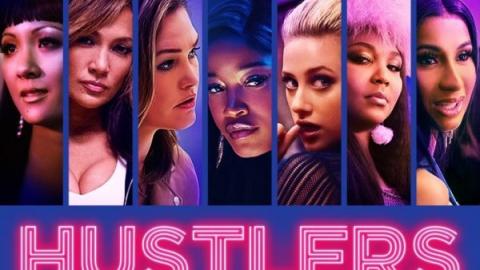The Film "Tangerine" Has Social Consciousness, But Is That Enough of a Reason to Love It?
Share with friends

The film raises intriguing questions about the relationship between a film’s social relevance and its artistic prowess: is it possible to evaluate Tangerine solely as a film like any other?
A lot has already been said about Tangerine, the sleeper hit at this year’s Sundance Film Festival, which released yesterday in Los Angeles, New York and Toronto. From Duplass Brothers Productions (The Skeleton Twins, Adult Beginners) and writer/director/producer/cinematographer/camera operator/editor/casting director Sean Baker (whose previous forays into the world of the multi-hyphenate have garnered him wins or nominations at Locarno, SXSW and The Independent Spirit Awards), Tangerine was shot entirely on an iPhone 5 and tells the story of two African-American transgender street prostitutes in Los Angeles (somebody should give Baker and the Duplass Brothers a diversity award just for making us say all those words in the same sentence). It also features transgender actors in the lead roles (Kitana Kiki Rodriguez and Mya Taylor), which, unfortunately, is still news. Hopefully, those days will soon be behind us.
The film raises intriguing questions about the relationship between a film’s social relevance and its artistic prowess: is it possible to set aside everything mentioned above and evaluate Tangerine solely as a film like any other? Would it even be appropriate to do so? Can a film like this ever be separated from its social context (in this case, its various relevant social contexts)? I certainly don’t pretend to know the answers to those questions, but I can say I very much want to believe it is possible and appropriate. Too many socially relevant films seem to get a pass from a creative standpoint (because of their supposed social relevance), which is a bit bizarre since, at the end of the day, we’re talking about a creative work meant first and foremost to be enjoyed by an audience and nothing else.
The good news, in this case, is that Tangerine doesn’t need to be given much of a pass. After a slow start, the film gains steam, has an engaging style of telling a compelling story about a sub-culture we rarely see or hear about, and is carried by mostly strong performances across the board (Taylor is one to watch, for sure, and Karren Karagulian, Mickey O'Hagan and James Ransone are all stand outs).
However, no matter how relevant and poignant a film may otherwise be, giving films like this a total pass by turning a blind eye to their most noticeable shortcomings is akin to giving a promotion to an employee who is bad at his job just because he happens to donate lots of his time and money to charities that we approve of. One reviewer actually praised Baker for the film’s visual look, failing to recognize that the look was dictated as much by the limitations of the iPhone’s camera as by any conscious choice the director made. Yes, Baker made the decision to use an iPhone in the first place, but there is nothing about the style of the film that suggests to me it had to be shot on an iPhone, which leaves me to think that the film’s look was at least as much a product of the filmmakers finding ways to “deal” with the camera’s quirky limitations as it was anything planned. If I didn’t know going in that Tangerine was shot on an iPhone, large chunks of the film would have come across as technically amateur. That said, the look is consistent – and has moments when it is genuinely elevated to compelling – which is a feat in and of itself, given what the filmmakers were working with. Eventually, you just forget about the look and get wrapped up in the story.
My biggest problem with the film, though, was the performance turned in by Kiki Rodriguez. Tangerine appears to have been her debut film role and, especially in the beginning, it is very much apparent. She is the classic non-actor – stiff, emotionally limited and not all that believable. Thankfully this, too, eventually becomes a non-factor. You can see Rodriguez getting more and more comfortable in front of the camera as the story progresses, so much so that the very same qualities that made her a dead giveaway for a non-actor in the beginning become the most compelling parts of her character by the end.
And, most importantly, when we reach the film’s final frame, we are left with two interesting human beings who we feel we’ve gotten to know and have come to care about, regardless of how different from us they may be. Any film that achieves that is worth the price of admission and then some.
Like this? Check out this essay on Amy, the new Amy Winehouse documentary




